In light of the recent beatification of John Henry Newman by Pope Benedict XVI, www.primeroscristianos.com/en has interviewed José Morales, a theologian and expert on the figure of Cardinal Newman.
Interview with José Morales, expert on the figure of JH Cardinal Newman
In light of the recent beatification of John Henry Newman by Pope Benedict XVI, primeroscrsitanos.com/en has interviewed José Morales, a theologian and expert on the figure of Cardinal Newman.
Cardinal Newman converted to Catholicism after a period of rigorous and detailed study of the teachings of the Fathers of the Church, as well as those of the early Christian communities. What did he discover that made him decide to embrace the Catholic faith?
What especially caught Newman’s attention was the apostolic doctrine of the Church and its development by the Fathers during the third and fourth centuries. He had carefully studied the different Councils of the first centuries and the later establishment of the Trinitarian and Christological doctrine.
He also knew very well the different positions of the Fathers, for example that of Saint Athanasius of Alexandria, on the divinity and humanity of Jesus Christ. He declared on one occasion that he became Catholic because, among other reasons, if Saint Athanasius were to go to Oxford, he was sure that he would go to a Catholic chapel for worship.
The early Christians for their life of piety and works in the world were considered by Newman as witnesses of the Gospel. Newman did not write much about them; but it is obvious that the early Christians formed part of his vision of the Church, composed of men and women who carried out a certain ministry inspired by their divine calling. For him, the Christians represent the Church in the world and in the life of the people.
What arguments did he use to defend certain Catholic positions, such as for example, that the Pope is the genuine successor of Peter?
The main argument is that all that is important in the faith and morals of the Church in the 19th century – during the time of Newman – can be traced back to the Gospels. In fact, this lies in the very core of what a dogma is, a doctrine that he developed in his Essay on the Development of Christian Doctrine, published in 1845 and re-released in 1877.
In response to Protestant objections that many doctrines of the Roman Church – the Papacy and his authority among many others – are mere distortions of the Gospels, Newman argues with a depth of both historical and theological knowledge that this apparent variation in doctrines, in some cases, obey from within and that this, in no way, has distorted Christ’s doctrine but rather has contributed to its development, making it more complete.
How did Newman explain Tradition, and what importance did it have for him?
Newman is perhaps, in the strict sense, the first theologian of the Tradition. He formulated his ideas in a book entitled The Arians of the Fourth Century, published in 1833 during his Anglican years and considered to be his first important theological essay. In this work, he presents the Tradition of the Church represented by the Fathers, the Liturgy, etc. as a genuine source of Revelation intimately linked to Sacred Scripture, an idea that went against Protestant and Anglican thought.
The Anglicans accept the Tradition of the first centuries of the Church but do not regard it with much theological importance. On the other hand, Newman considers Tradition as something radically united with the Church and her life through the centuries. The protagonist of Tradition is the Church herself and because of this, this position of Newman has something to do with his ecclesiological vision.
Cardinal Newman insisted a lot on the role of the laity in the Church. Did this have anything to do with his study of primitive Christianity?
Yes, it did, in terms of what we commented on in the first question of this interview.
How did Newman envision a university? How did he think that university students should be formed, especially on the grounds of religion and culture?
Newman put immense value on the formation of students in the university – he saw it as essential in molding the character of man and also of the Christian. He had learned this during his years in Oxford, wherein a special importance was given to education in the liberal arts. Liberal arts education offered the student an adequate vision of the world and allowed him to relate correctly with others.
For him, this Oxford formation was neither Christian nor spiritual enough, although officially it was during that time. When he became Catholic, he never lost his admiration for the human and cultural formation offered in Oxford. In fact, he tried to recreate and improve it when he helped establish the Catholic University of Ireland, started in 1852.
This project had high regard for theology in the formation of the mind and the character of its students. The education offered in Dublin was similar to Oxford but all the more enriched. His ideas with regard to this are contained in his book Idea of a University.
What is the importance of the trip of the Pope to Great Britain in the context of the Beatification of Newman? How does the Pope intellectually value the future Blessed?
Almost all Popes of the 20th century have spoken of Newman and his works in one way or another. When he was a professor of theology, the Pope knew well the works of Newman, partly because it was in his country where the theological ideas and works of Newman influenced a lot in early 20th century.
The Pope will go to Great Britain to beatify Newman in a place very near to Birmingham, the city where Newman lived practically all his life as a Catholic until his death in 1890. Another motive for his trip is to visit the recent developments that occurred right in the core of the Anglican world. The ecumenical dimension of the trip is secondary.


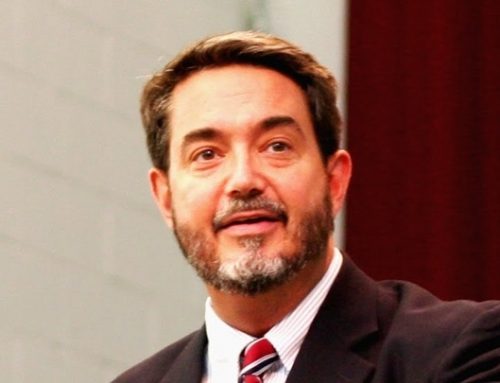
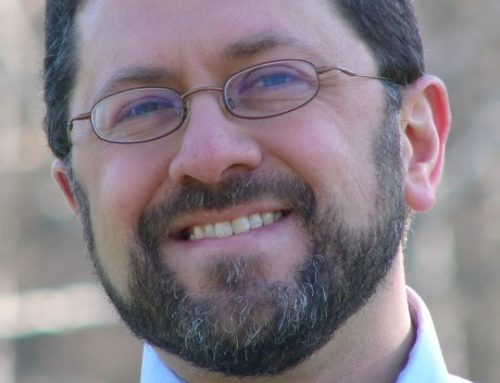
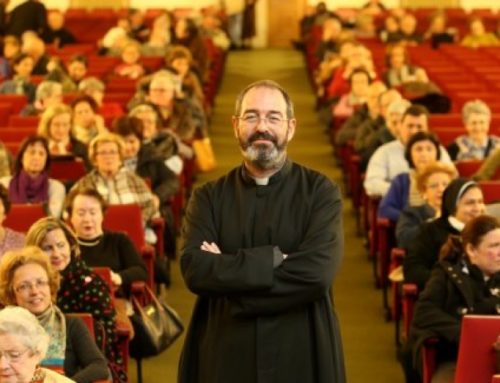
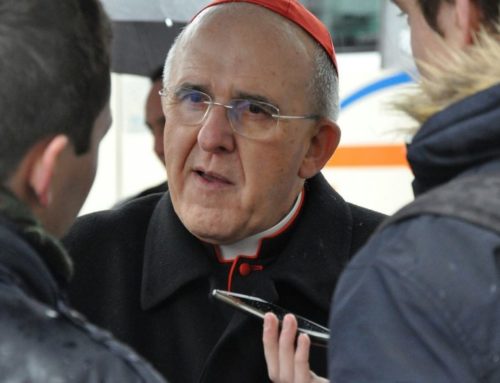
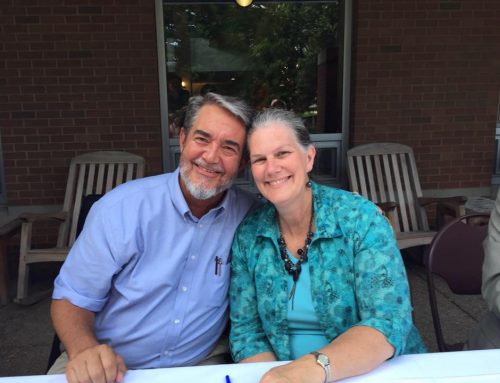
Leave A Comment
You must be logged in to post a comment.